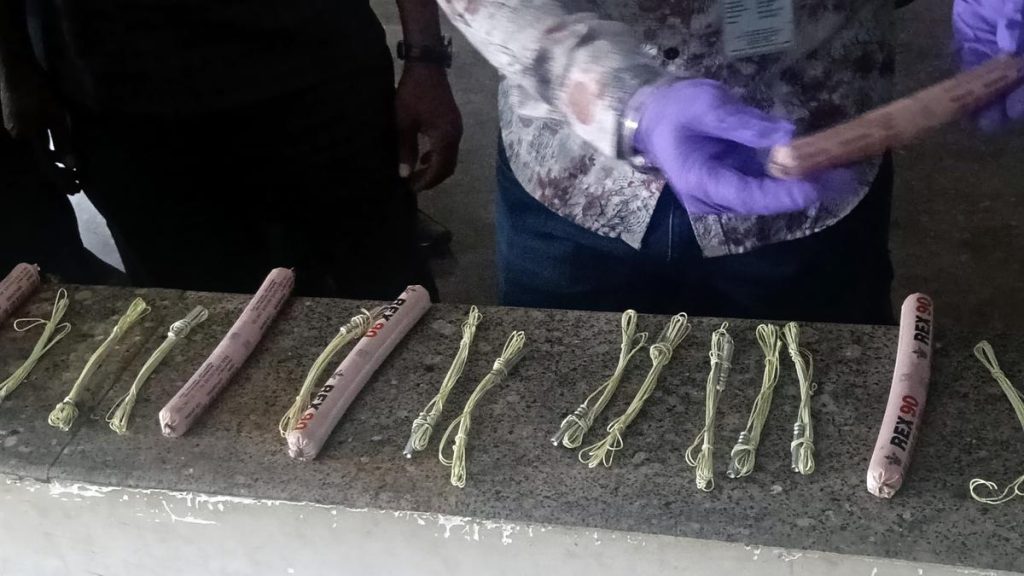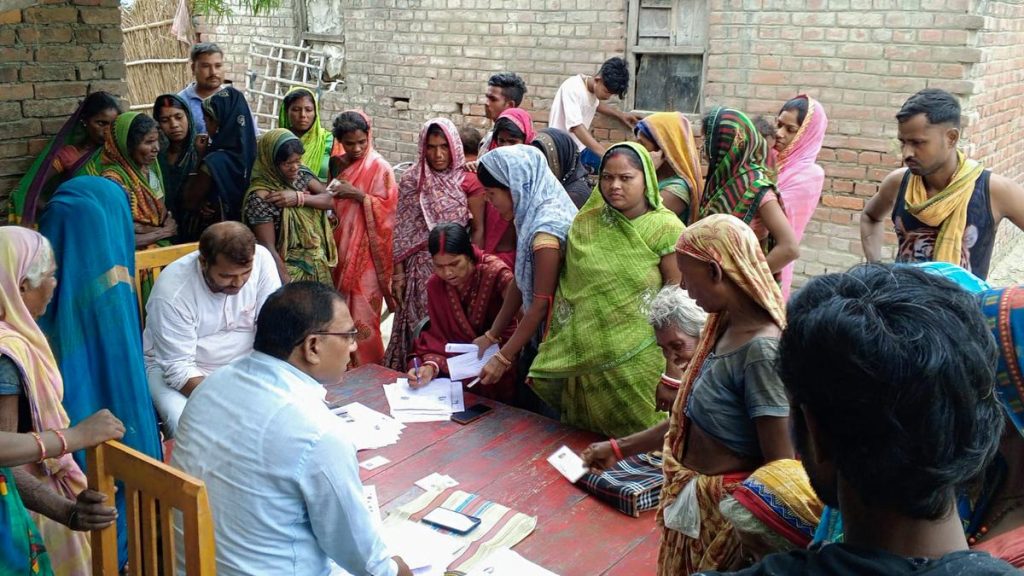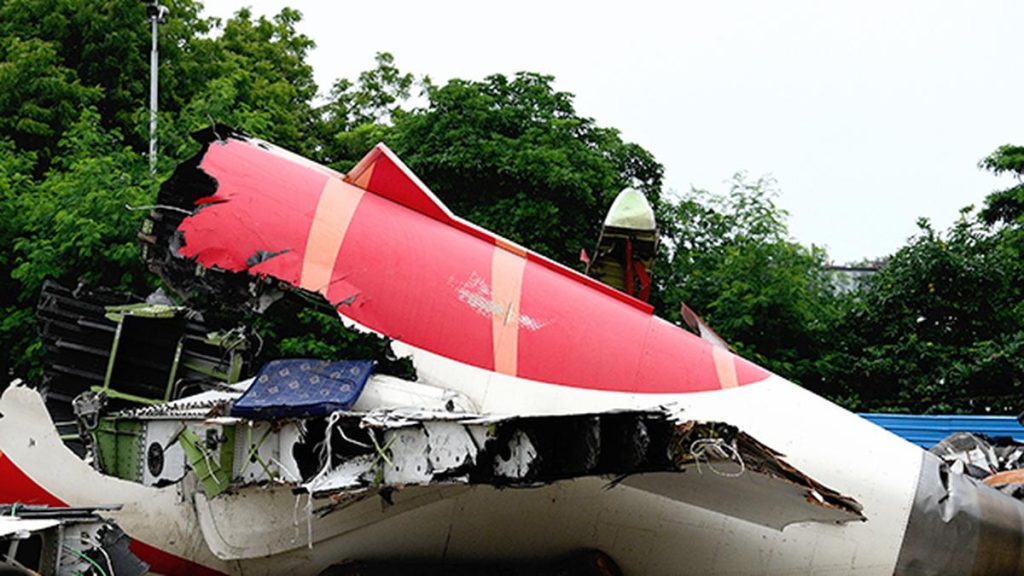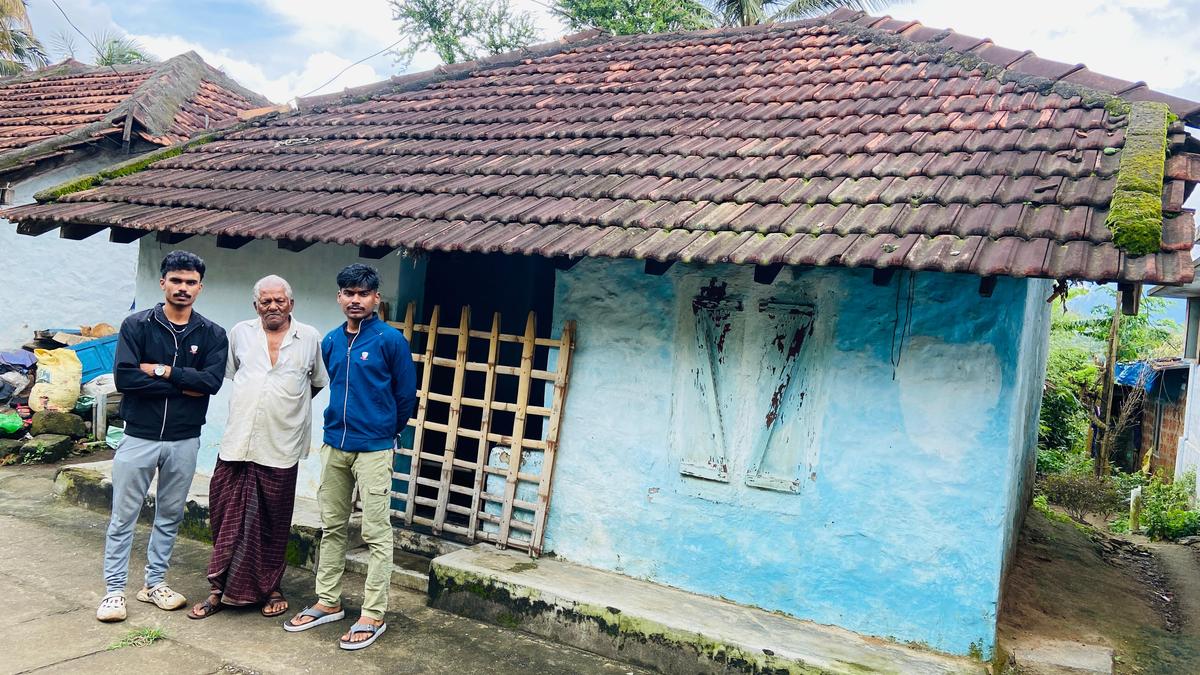Now Reading: CJI to Form Bench for Plea Involving Justice Varma
-
01
CJI to Form Bench for Plea Involving Justice Varma
CJI to Form Bench for Plea Involving Justice Varma
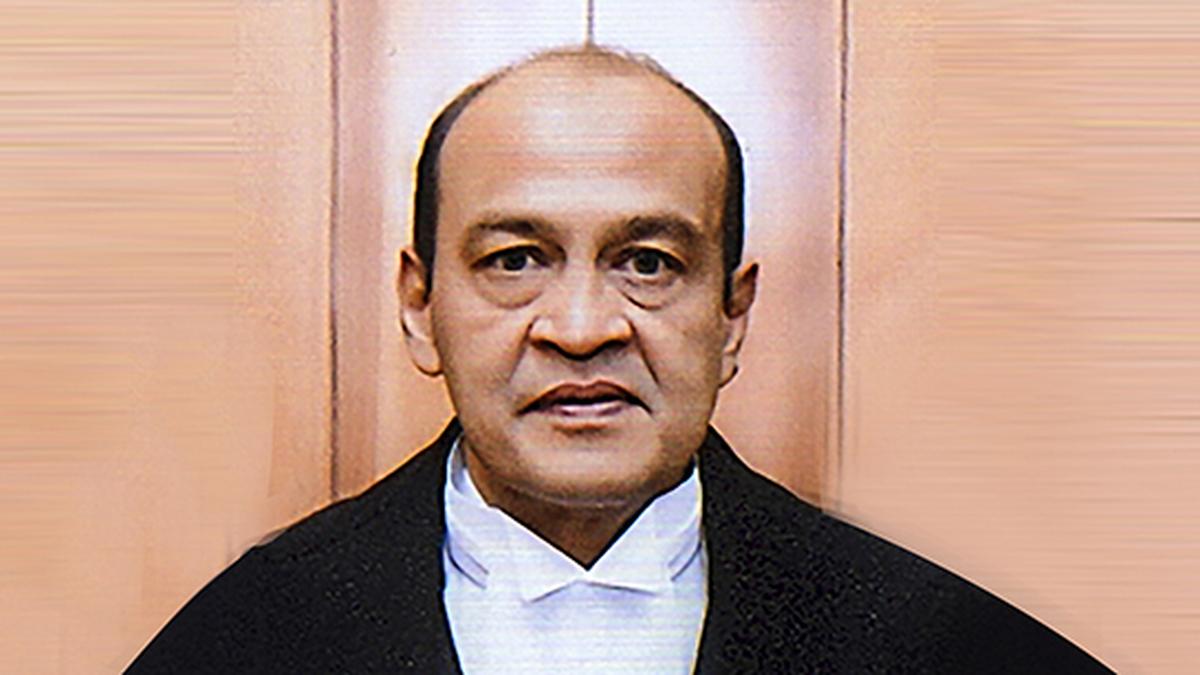
Swift Summary:
- Chief Justice of India B.R. Gavai announced he will constitute a Bench to hear Allahabad High Court judge Justice Yashwant Varma’s petition challenging an in-house judicial inquiry and subsequent removal suggestion.
- The petition challenges the then Chief Justice Sanjiv Khanna’s recommendation for removal, stating the in-house inquiry process lacks legal sanction and infringes on Parliament’s exclusive authority under Articles 124 and 218 of the Constitution.
- The Supreme Court’s in-house procedure was described as “extra-constitutional,” threatening judicial independence by bypassing safeguards outlined in Judges (Inquiry) Act, 1968.
- The inquiry committee had reported unaccounted cash found at Justice Varma’s official residence following a fire but allegedly did not use formal procedures such as complaints or evidentiary safeguards to substantiate its conclusions.
- Lok Sabha and Rajya Sabha members recently initiated a removal motion based on findings from this controversial process.
Indian Opinion Analysis:
The legal wrangling surrounding Justice Yashwant Varma raises important constitutional questions regarding checks-and-balances within India’s judiciary. At the heart of this case lies tension between institutional accountability mechanisms – exemplified by Parliament’s authority under Articles 124 and 218 – versus procedural frameworks established internally by courts. While transparency is crucial for sustaining public trust, any mechanism circumventing legally sanctioned safeguards could erode confidence not only among citizens but also within judicial ranks themselves.
If deemed unconstitutional, scrutiny toward internal processes like the “in-house inquiry” may set precedents limiting court-driven penalties without legislative oversight.Conversely,if upheld by law,it might open discussions about balancing efficiency against conventional safeguard-heavy procedures. Resolving this petition could clarify larger principles concerning separation of powers and reinforce foundations underpinning democratic institutions in India.
Read more: Link


